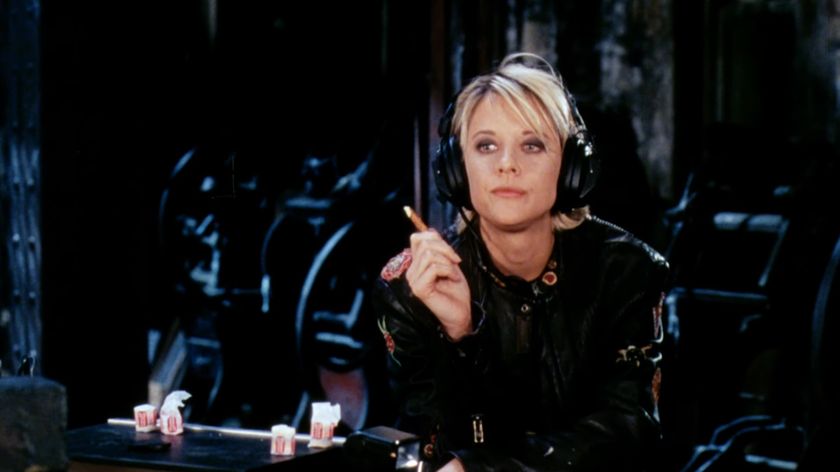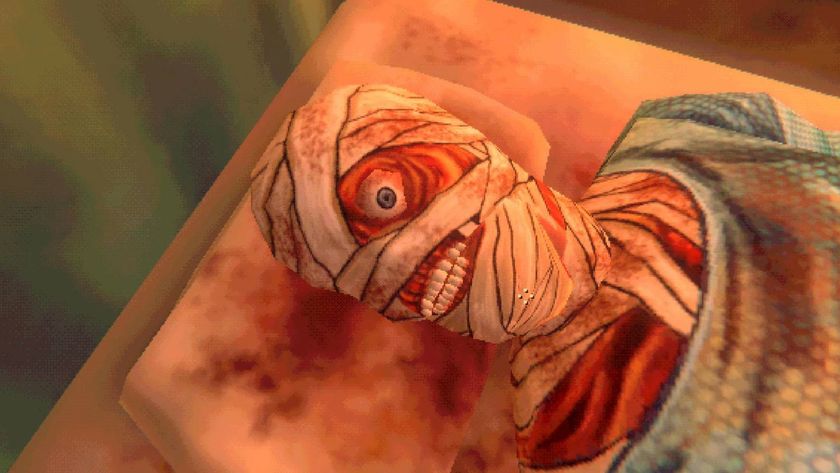Why you can trust 12DOVE
Halle Berry winning Best Actress at this year's Oscars was both a blessing and a curse. Blessing because it thrust Marc Forster's sombre picture into the spotlight. Curse because her blubbing, Gwynnie-esque speech was enough to put anyone off.
Truth is, Monster's Ball - - and Berry's stirring performance at its heart - - is every bit as restrained as the actress' acceptance speech was unbridled, as dignified as her global sob was embarrassing. Its beauty is that it takes a jumble of stock types, familiar situations and oft-tracked character arcs and turns them inside out, consistently undercutting expectations and touching the heart by coming at it from surprising angles.
Set in a Georgia town comprised of dirt tracks and gleaming diners, spluttering pick-up trucks and shabby gas stations, Monster's Ball opens with a scenario every bit as recognisable as its setting: a Death Row inmate (Sean `Puffy' Combs) is being readied for his last walk. The carefully observed rituals are familiar to anyone who's seen Dead Man Walking, Last Dance and the like, as the priest offers last-minute redemption, a meal of choice is prepared and the guards conduct a dry run of the imminent execution.
Said guards are Hank (Billy Bob Thornton) and his boy, Sonny (Heath Ledger), both of whom are close to their charge despite the former's redneck racism. The prisoner's wife, meanwhile, is Leticia (Halle Berry), a poor waitress and soon-to-be-single-mom who will return home to the threat of eviction. For now, the paths of Hank and Leticia will remain steadfastly separate, but it's their gradual, inexorable entwining that makes up the rest of the movie.
In the hands of inferior writers and a less patient, resourceful director, Monster's Ball (prison jargon for a condemned man's last night) would have been join-the-dots drama. But here the outlines are coloured in with subtle shading. Study Hank closely, for example, and you'll see how uncomfortably he wears his racism, for he was clothed in it by his abusive father (Peter Boyle, in grandstanding form). His falling for Leticia is neither implausible or yet another example of Hollywood's obsession with personal redemption - - it's an escape, a way to finally step out of his father's shadow and breathe freely.
Likewise, Leticia isn't a PC cut-out or a Poor Black Woman cliché. She's a complex, credible woman, a strong but needy person whose numerous flaws - - drinking, taunting her tubby son - - can't disguise a good heart. It's just that, like Hank's, its been squeezed dry over the years.
Thornton and Berry understand their parts intimately and convey much of their anguish through body language alone, their nervous gestures and hesitant courtship culminating in a moving, hungry love scene. But even this pales when compared to the beautifully understated conclusion. Poignant doesn't even come close.
An affecting drama played with real conviction. Halle Berry richly deserved her Oscar, while Billy Bob Thornton - - like the film itself - - was robbed of a nomination. Don't let it pass you by.
The Total Film team are made up of the finest minds in all of film journalism. They are: Editor Jane Crowther, Deputy Editor Matt Maytum, Reviews Ed Matthew Leyland, News Editor Jordan Farley, and Online Editor Emily Murray. Expect exclusive news, reviews, features, and more from the team behind the smarter movie magazine.
Most Popular






